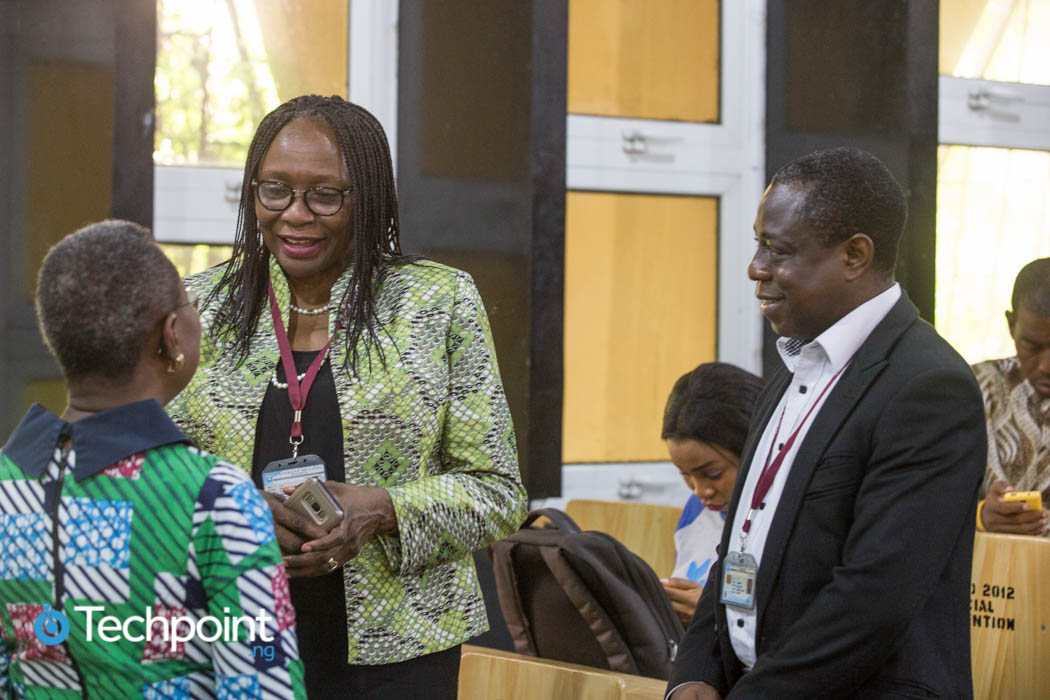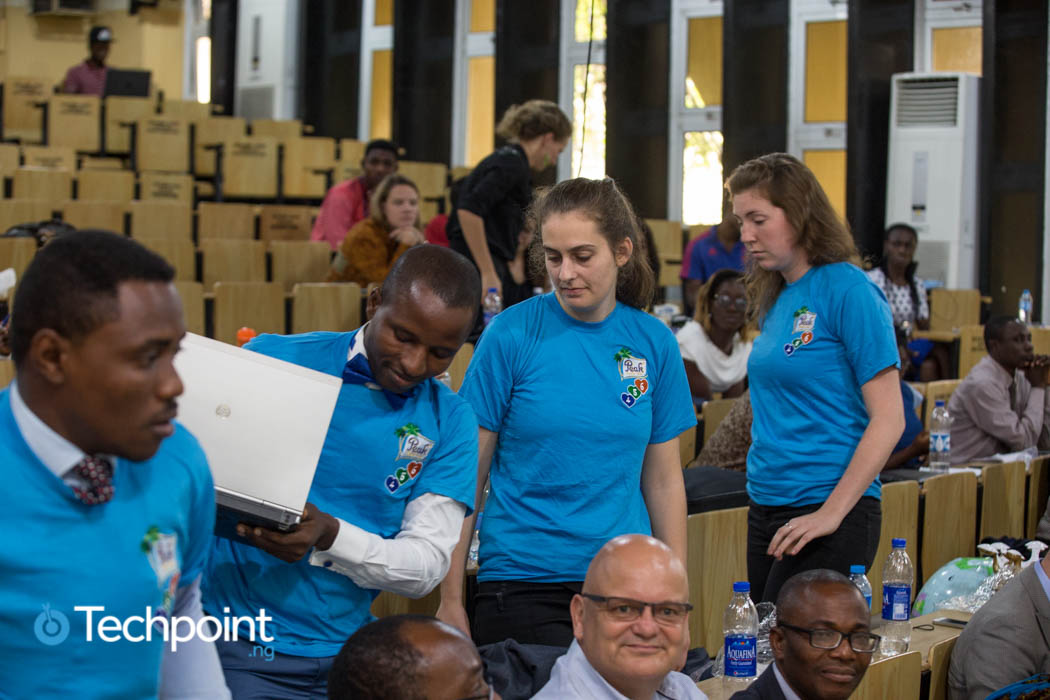The grand finale of the Dutch Nigeria Student Business Challenge (DNSBC) which held at the Faculty of Science building, the University of Lagos, on the 27th of October, 2017 brought together students from Nigeria and the Netherlands, company representatives, education practitioners and other key dignitaries and stakeholders in the startup ecosystem.


The six-week long programme which was developed and executed by TU Delft in partnership with Passion Incubator, a business incubation company in Lagos, aims to address challenges in Nigeria’s health, energy and food sector with an innovative and entrepreneurial approach.
Six teams of four all made up of Dutch and Nigerian students where the centre of the event as they took turns to present their final business solutions to real-life challenges provided by some companies and startups in Nigeria. FrieslandCampina WAMCO, Heineken-Nigerian Breweries, TU Delft Industrial Design Engineering, Lagos State Government, RxAll, Unilever all provided different challenges.
Prior to the presentation, participants were engaged in both online and offline entrepreneurship education, as well as activities and coaching from universities and companies. This was done to improve the entrepreneurial skills of the students and help them to come up with concrete business solutions.

The Heineken-Nigerian Breweries challenge, which was centered on energy, had participants thinking up ways to decrease the carbon dioxide emissions of Nigerian Breweries in Lagos.
Environmentalpollution was the core of the challenge for Team Lagos — they developed a solution to maximize the value of waste through the production of biogas.
The TU Delft Industrial Design Engineering team, on the other hand, had to figure out how to get the Exceloscope, a rapid diagnostic tool for Malaria into the Nigerian market.
Alsofocused on health, Team Unilever worked on possible strategies to reach and help women suffering from anemia, through the Iron fortified Knorr cubes.
AndTeam RxAll was tasked with coming up with a predictive analytics model accompanied by a suitable business model that can predict what and how much drugs pharmacies need and when.
Team Friesland, which won the best presentation, came up with ideas to improve the dairy value chain in a bid to amplify the gains of the Dairy Development Program set up by FrieslandCampina WAMCO (FCWAMCO) in partnership with the Federal Ministry of Agriculture and Rural Development and the Oyo State Government.

The innovators presented their ideas to a jury who assessed the teams based on their idea, market fit, feasibility, presentation, and impact. In the end, the TU Delft Industrial Design Engineering team won the business challenge after delivering a compelling idea with a feasible business model.
However, the companies involved will also analyse the ideas proffered by the students and decide on viable solutions that will be adopted. Some of these companies will also give students the opportunity to work with them to implement the proffered solutions.
According to the co-founder of Passion Incubator and the CEO of Leadspace, Olufunbi Falayi, “the goal of this programme is to invest in the entrepreneurial capacity of students innovators and ensure that students build solutions that industries need.”

There is a growing need to bridge the gap between industries and the academia to foster innovation and socio-economic development in the country. It was, therefore, a pleasure to watch individuals from both worlds and other relevant stakeholders rub minds together on innovative entrepreneurial solutions to problems in our immediate society and the world at large.






